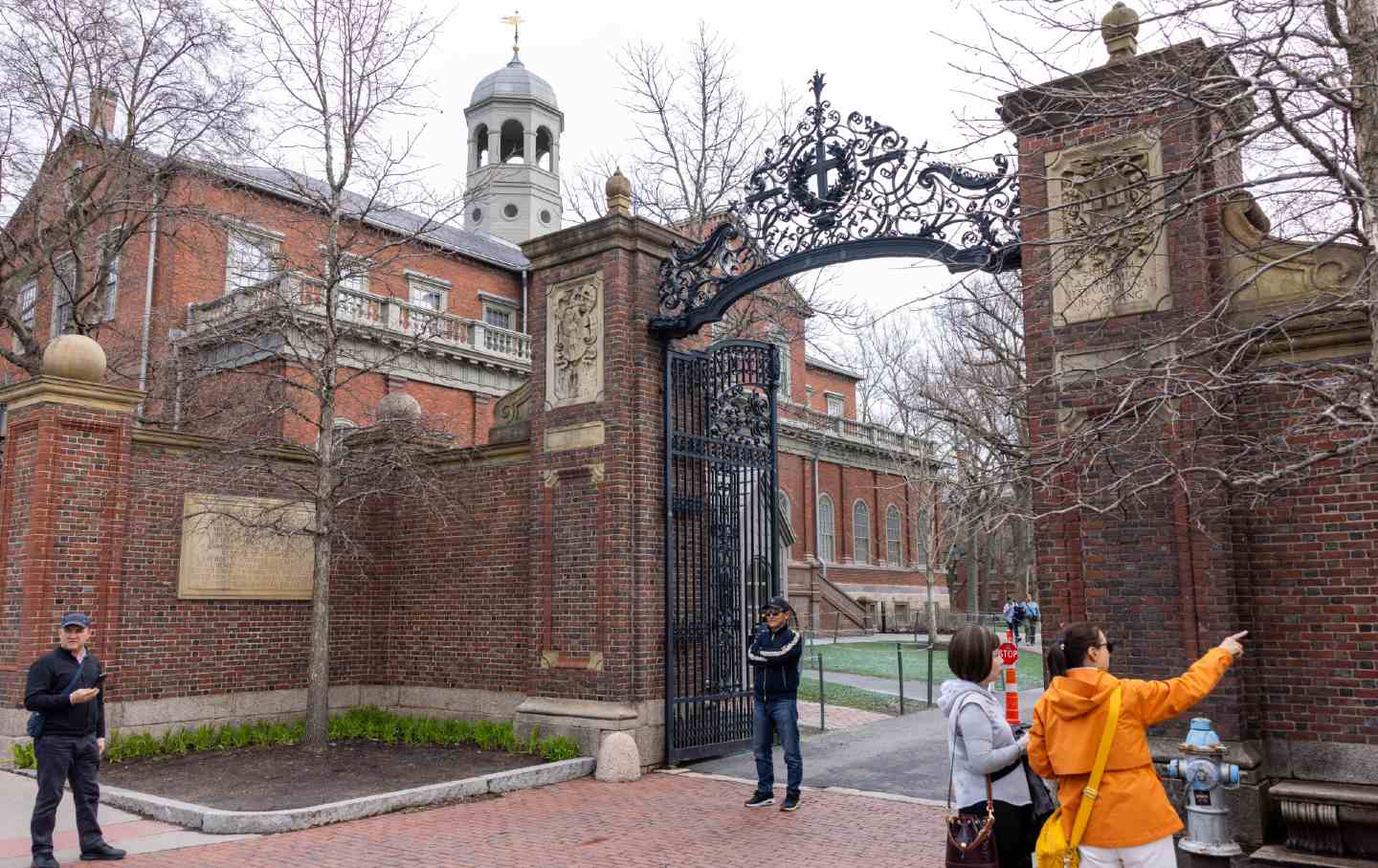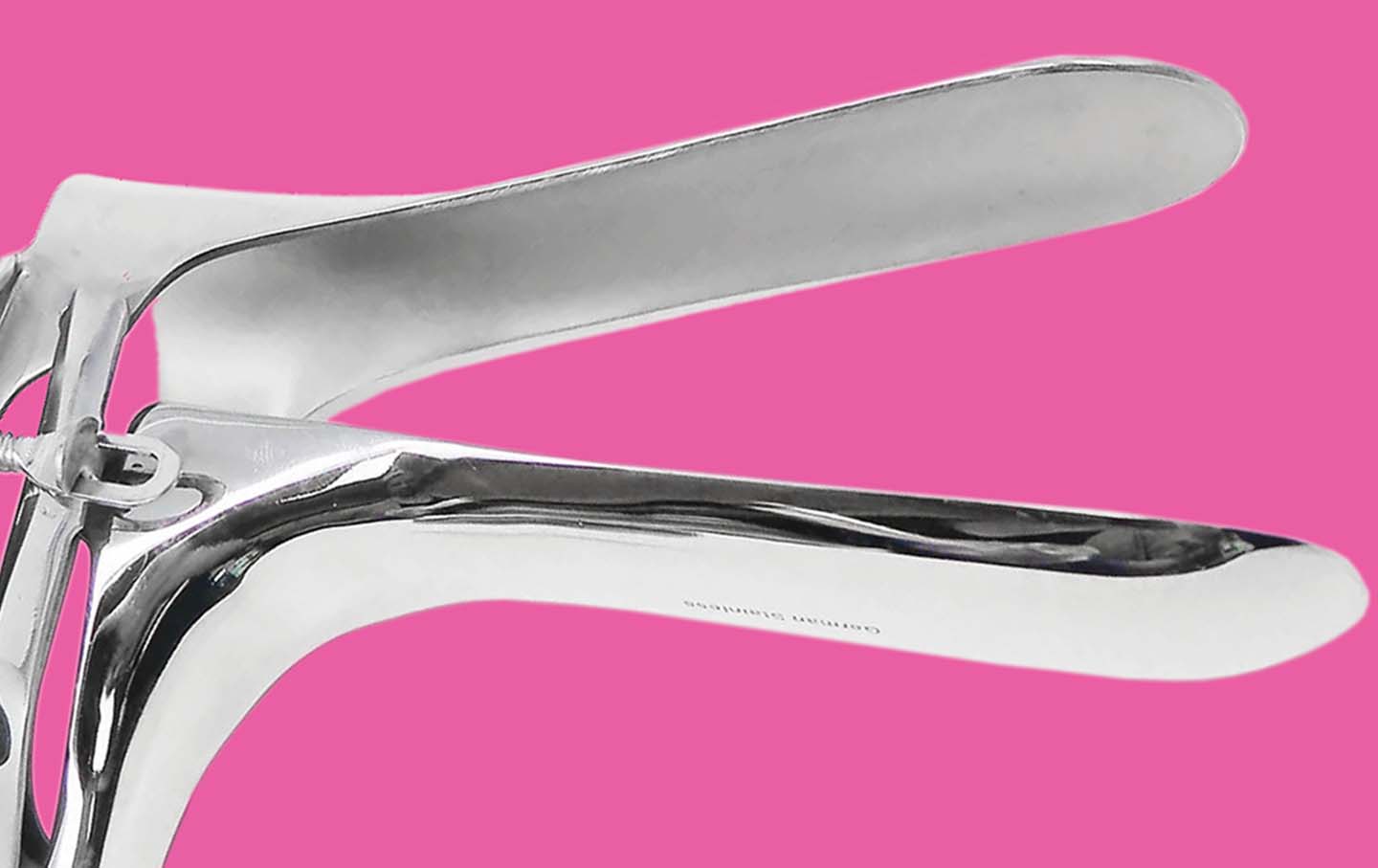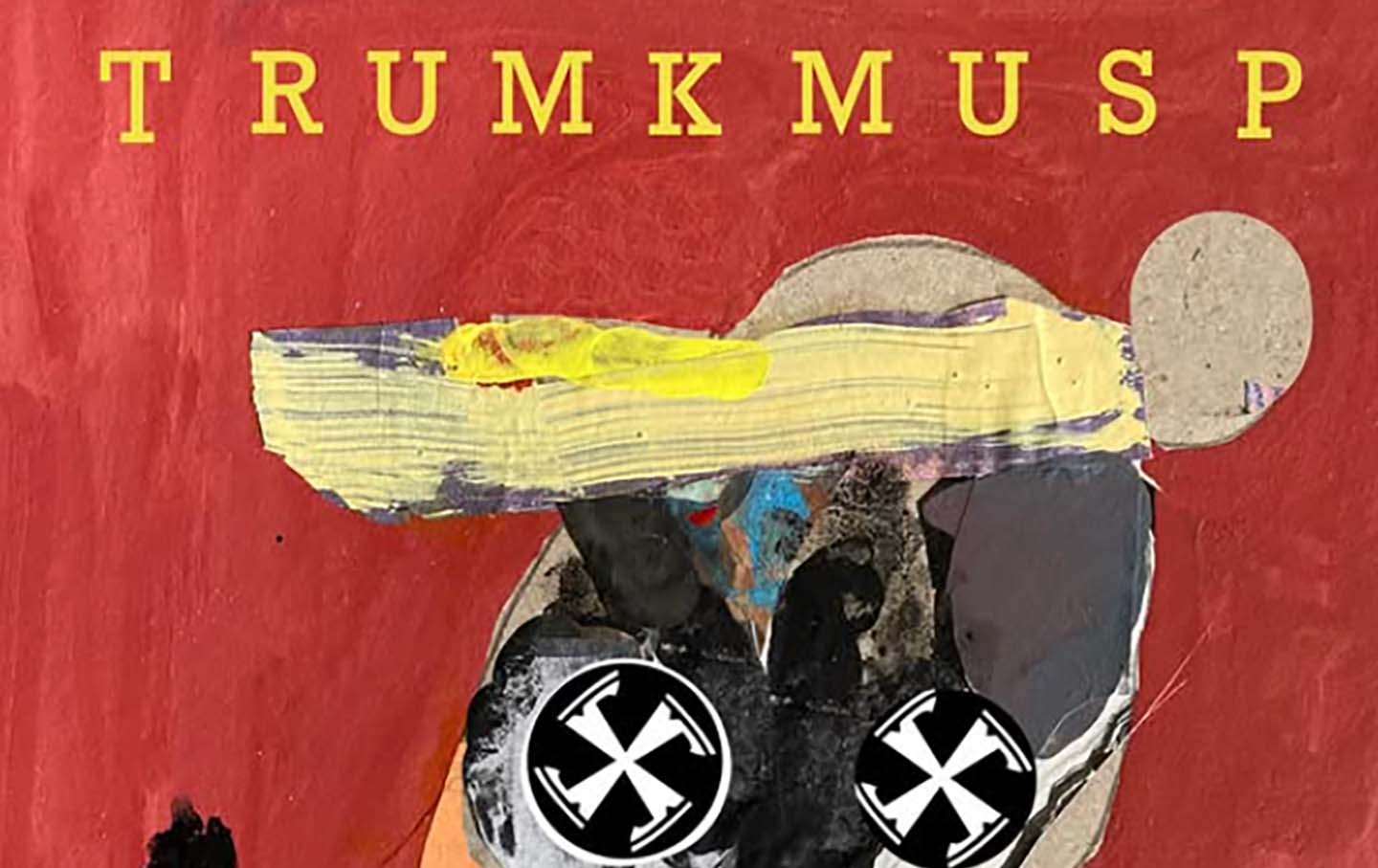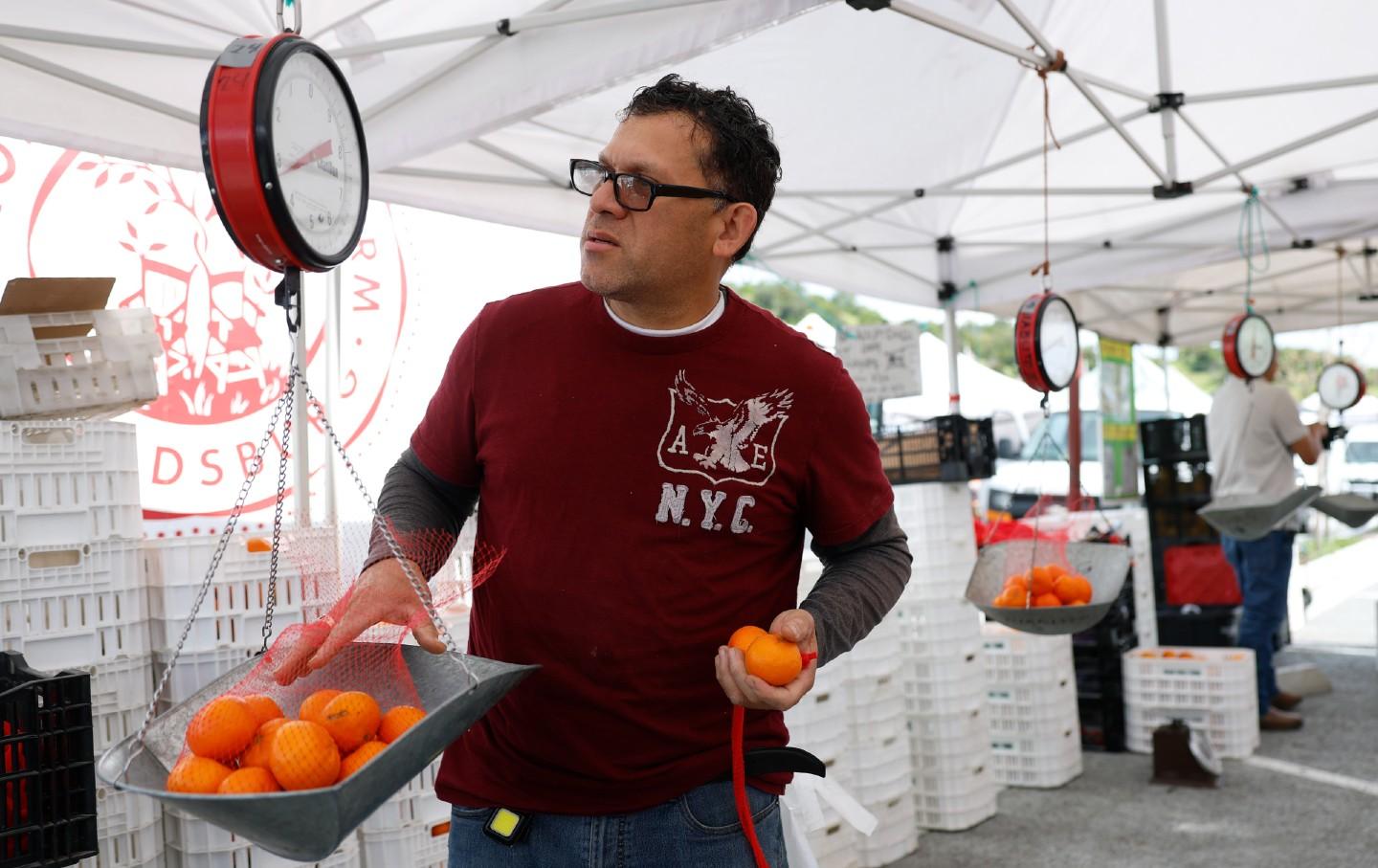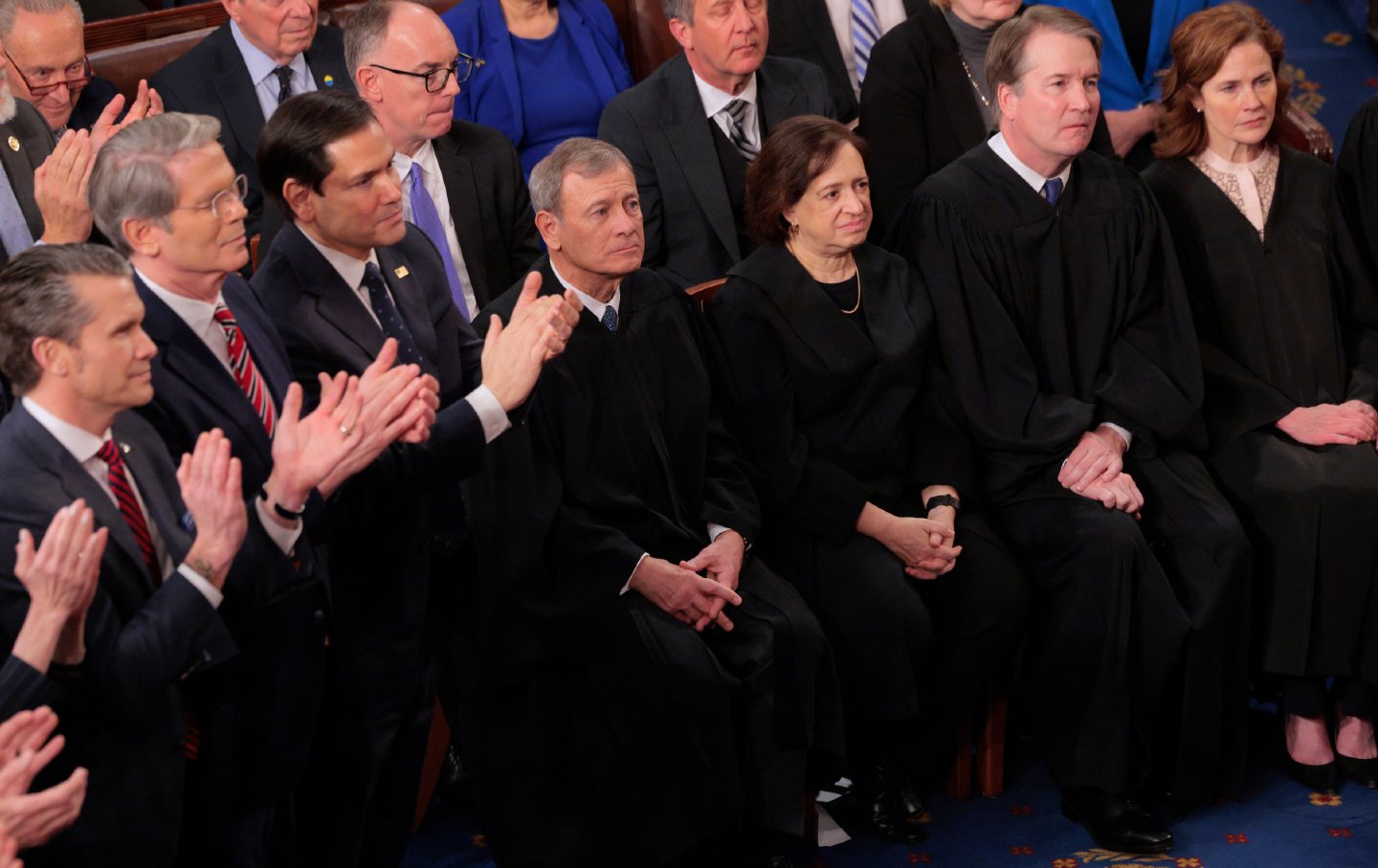The Democrats’ Secret Weapon in the Sun Belt States: Unions
Democratic candidates have organizational advantages in states like Arizona and Nevada that could turn out more voters than polling suggests.
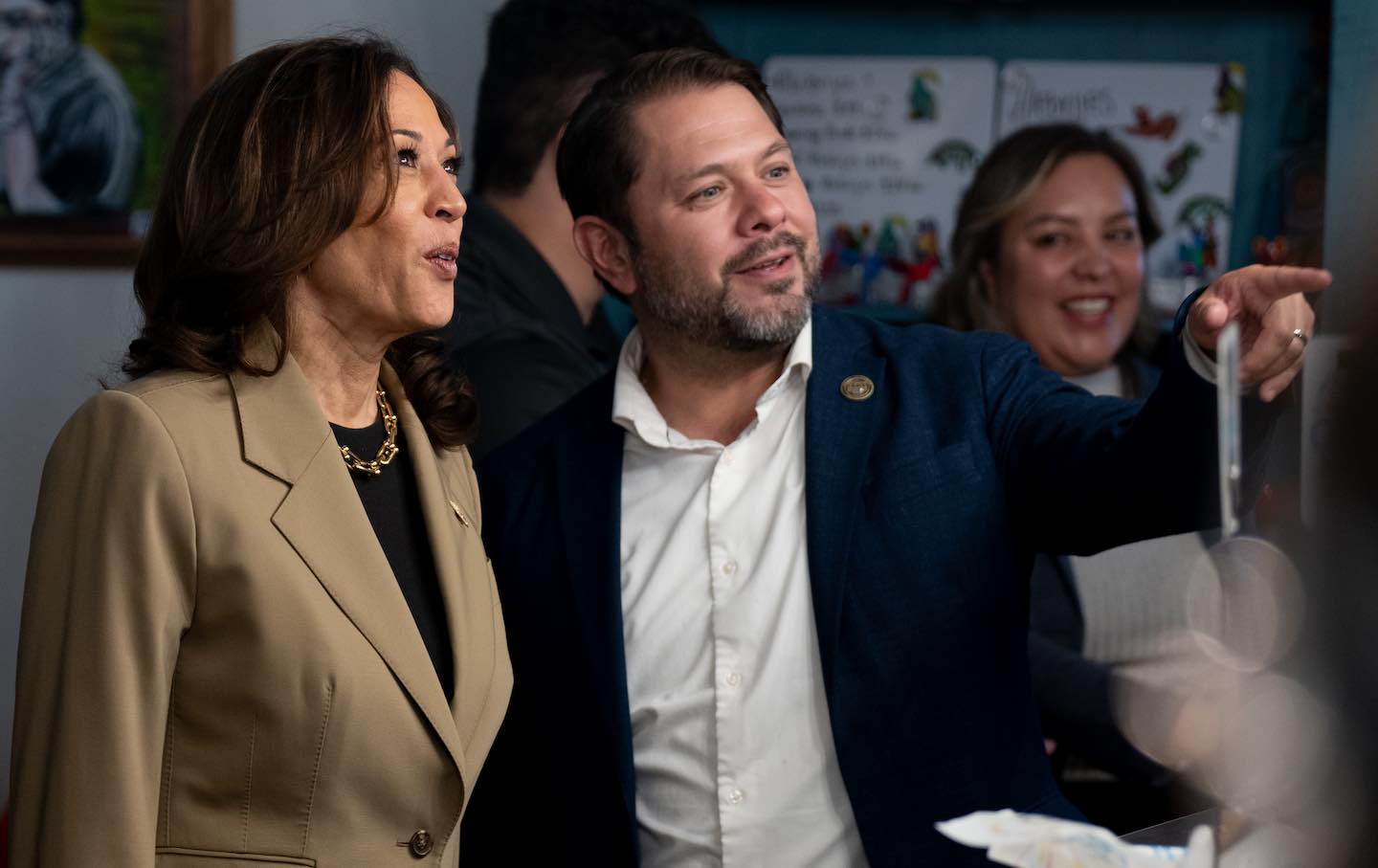
Democratic presidential candidate Kamala Harris and US Senate candidate Ruben Gallego order food at Cocina Adamex restaurant on August 9, 2024, in Phoenix, Arizona.
(Photo by Andrew Harnik / Getty Images)
With seven of the key swing states now showing tight contests between Vice President Kamala Harris and former president Donald Trump, it’s possible that the presidential election will hinge on the key Sun Belt states of Arizona and Nevada.
In both of those states, the Democrats are positioned to turn out voters in large numbers, despite concerns raised by some recent polls.
On Monday, The New York Times ran polling numbers suggesting that Trump was ahead by 5 percent in Arizona. The newspaper blared out in its headline that the Republican nominee is showing “signs of strength” in the Sun Belt, despite most other polls’ suggesting that Harris and Trump are running close to even. Take it with a pinch of salt.
Yes, it’s possible that the Times survey was on to something; it’s more likely, however, that it was a rogue poll. After all, in August the Times showed a 5 percent lead for Harris in the state. And since the major political news story of the intervening period was Trump’s extraordinarily truculent and unfocused debate performance, it’s hard to see how there could have been a 10-point swing—a huge number in any circumstances, let alone circumstances in which the Republican has been on the ropes—in Trump’s favor during those weeks.
Pollsters I have spoken to in recent months who specialize in surveying the Western states do not believe that Trump has a safe cushion in the Grand Canyon State. And his candidacy is certainly not being helped by the weakness of the GOP senate candidate, Kari Lake, who has gone from one conspiratorial rant to the next in the two years since she lost her race for the state’s governorship.
Indeed, Marist College polling has her opponent, Ruben Gallego, up six points. Even the Republican-leaning Trafalgar Group has Gallego ahead by four points.
In neighboring Nevada, a similar story holds. Jackie Rosen, who until recently was seen as one of the Democrats’ most vulnerable Senate incumbents, has built a huge lead against Sam Brown. The latest numbers, released Thursday by Noble Predictive Insights, have the senator up by well over 10 points, with independents breaking decisively for Rosen. Other polls, including one conducted by Fox, have come to similar conclusions in recent weeks.
Now, there’s certainly room for ticket-splitting voters in both Arizona and Nevada—and Noble’s polling suggests a far smaller lead for Harris over Trump than for Rosen over Brown. But in close races a good ground game and strong downballot candidates are crucial—and the Democrats are focusing on exactly that in the final stretch of the race.
In Nevada, the culinary workers’ union has previously launched huge, and very effective, get-out-the-vote operations. When I visited Las Vegas earlier this year, their spokesperson told me they were going to turn their full attention to the election only after the union wrapped up a marathon series of negotiations with, and in some cases threatened strikes against, large casinos in town. In late August, the union signed the first-ever deal with the Venetian and the Palazzo. As a result, 4,000 employees gained union protections, higher wages, and better benefits, including a 32 percent pay increase over the next five years and a lighter workload.
The Venetian was the final holdout in a yearlong round of negotiations. When the owners agreed to settle, it marked a huge victory for organized labor in Las Vegas—one of the epicenters of union strength today. It also marked the moment when the union could start fully focusing on the election.
Historically, the unions in Las Vegas have helped Democrats carry the day in close elections. Yes, many union members remain deeply resentful of the pandemic lockdowns that shuttered Las Vegas and sent the state’s unemployment rate to an eye-popping 30 percent in the spring of 2020, and Trump has been able to at least partially exploit that resentment. His proposal for an exemption from taxes for tip income—a gimmicky proposal, but one quickly glommed onto by Harris as well—was aimed squarely at these workers, at the waiters and bartenders of Las Vegas who supplement their salaried income with tips.
On the ground, however, despite the GOP’s play for disaffected union votes, Trump’s campaign is haphazard and lags far behind Harris’s in organizational coherence. In early August, with Harris’s campaign taking shape, she had 13 field offices in Nevada, while Trump had just one. That’s an awful lot of ground to make up in a couple months.
Meanwhile, all of Nevada’s large unions, including the Nevada local of the Teamsters, have endorsed Harris. And the SEIU has just kicked off a large-scale door-knocking campaign in the state. Meanwhile, UNITE HERE, which played a critical role in swinging both Arizona and Georgia to Joe Biden in 2020, has announced a target of knocking on 3.5 million doors in 10 swing states, including Nevada and Arizona, between now and the election. If they reach this target, it will be the largest canvassing campaign by one union in US history.
Yes, the presidential election is close in Nevada and in Arizona. But the Democrats have organizational advantages, certainly in Nevada and likely in Arizona too, that position them well in the final, frantic, rush to the finish line.
Popular
“swipe left below to view more authors”Swipe →Hold the powerful to account by supporting The Nation
The chaos and cruelty of the Trump administration reaches new lows each week.
Trump’s catastrophic “Liberation Day” has wreaked havoc on the world economy and set up yet another constitutional crisis at home. Plainclothes officers continue to abduct university students off the streets. So-called “enemy aliens” are flown abroad to a mega prison against the orders of the courts. And Signalgate promises to be the first of many incompetence scandals that expose the brutal violence at the core of the American empire.
At a time when elite universities, powerful law firms, and influential media outlets are capitulating to Trump’s intimidation, The Nation is more determined than ever before to hold the powerful to account.
In just the last month, we’ve published reporting on how Trump outsources his mass deportation agenda to other countries, exposed the administration’s appeal to obscure laws to carry out its repressive agenda, and amplified the voices of brave student activists targeted by universities.
We also continue to tell the stories of those who fight back against Trump and Musk, whether on the streets in growing protest movements, in town halls across the country, or in critical state elections—like Wisconsin’s recent state Supreme Court race—that provide a model for resisting Trumpism and prove that Musk can’t buy our democracy.
This is the journalism that matters in 2025. But we can’t do this without you. As a reader-supported publication, we rely on the support of generous donors. Please, help make our essential independent journalism possible with a donation today.
In solidarity,
The Editors
The Nation

